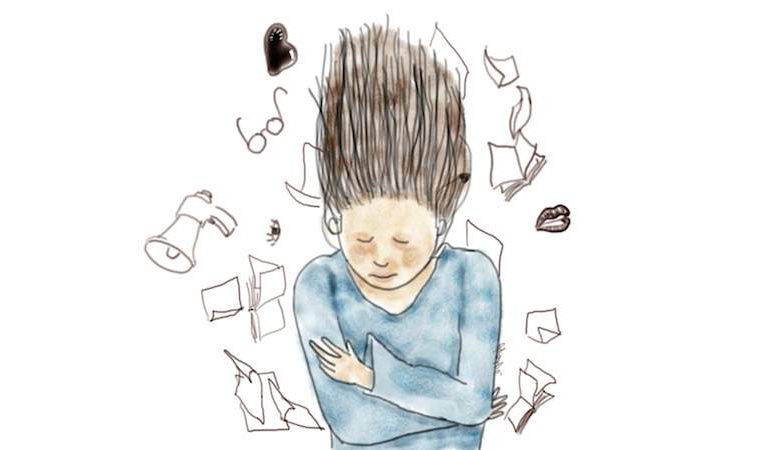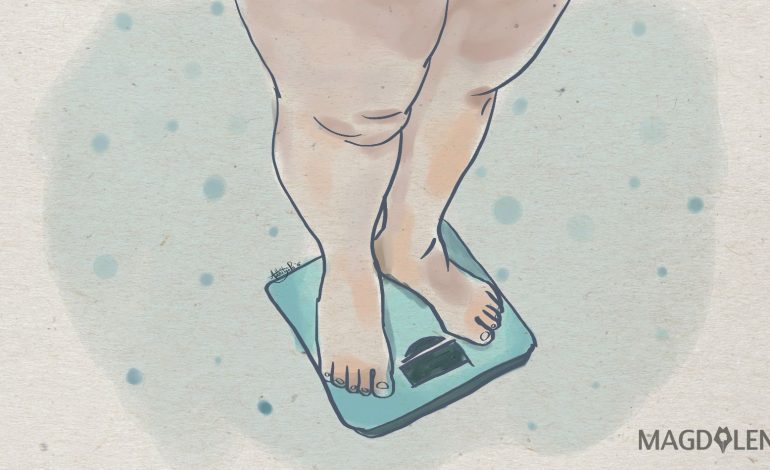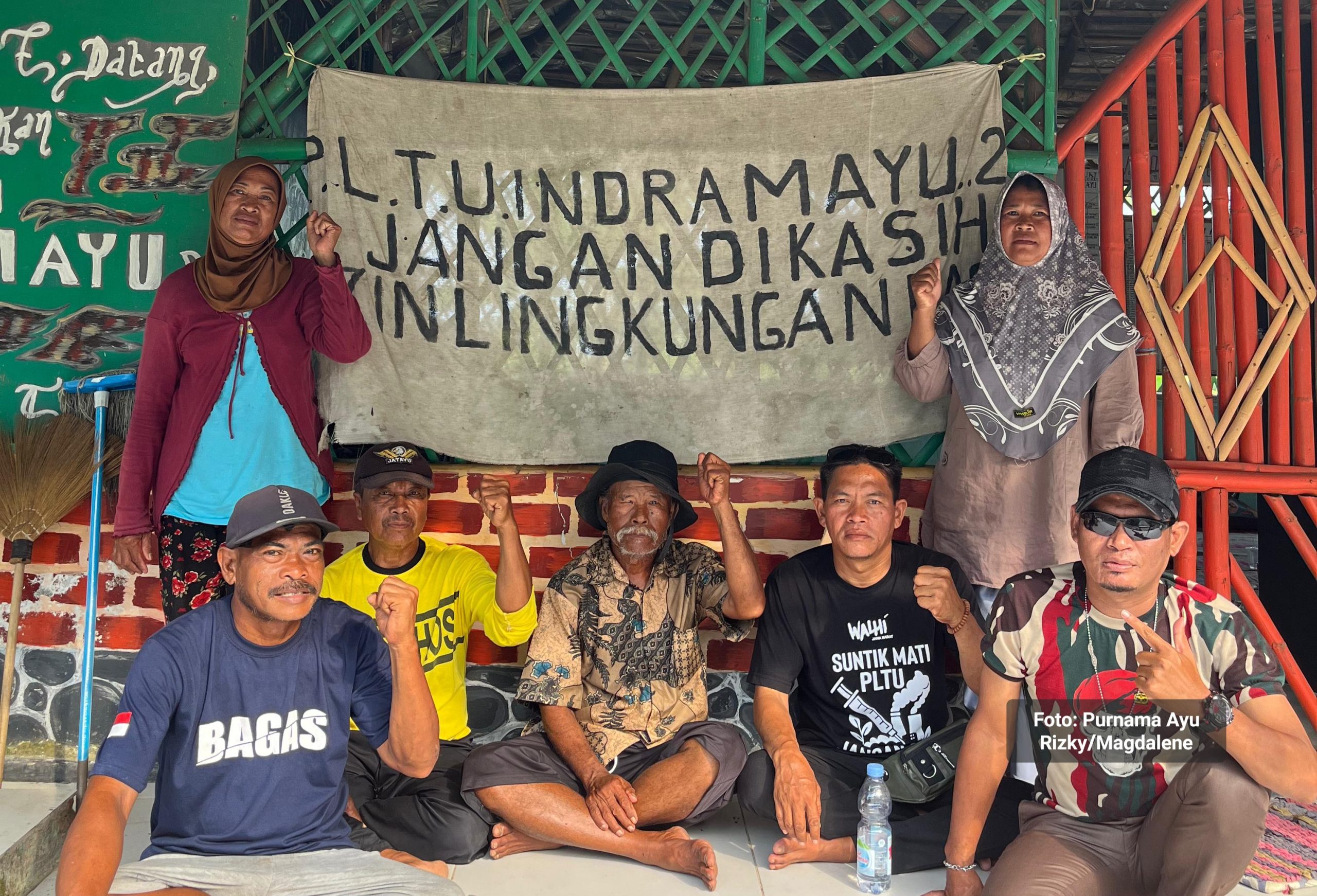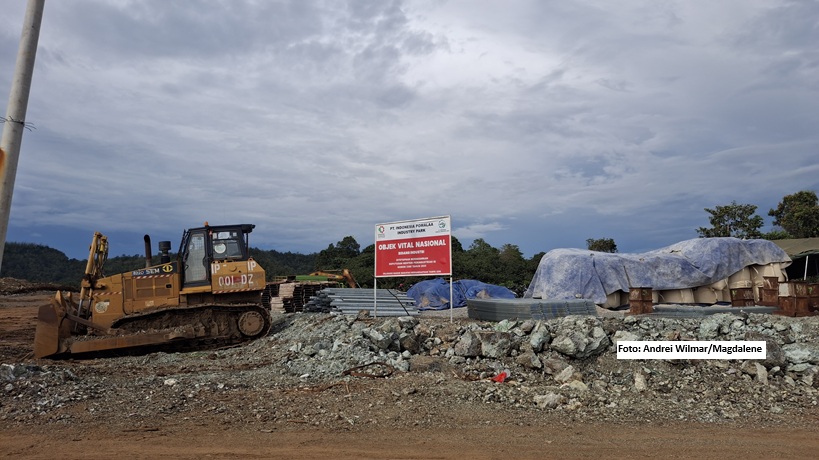Time to Repeal Those Discriminative Bylaws, Mr. President

I recently gave a public lecture about feminism at the state-owned Universitas Sutan Ageng Tirtayasa in Serang, Banten. It was an opportunity to introduce the idea of gender equality and why we still need feminism in this world.
I asked the participants, comprising mostly students and some alumni and a lecturer, to imagine living 100-200 years ago, long before the start of any women’s rights movement. I asked them to imagine a life in which you have no rights to education, nor access to employment, in which you are not entitled to your family’s property because of your sex, you cannot vote and your mobility is restricted. The purpose of this exercise was to give them an idea of the situation that led to the birth of women’s rights, and later in my presentation, I compared it to the situation today to show why feminism is still needed.
Unfortunately, one doesn’t need to go as far back as 100 years ago to experience some of these gender-based restrictions. In Indonesia, they exist to this day in the form of regional bylaws and regulations.
Take the recent instruction issued by the Banda Aceh Mayor to impose control on recreational establishments, Internet kiosks, cafes and sports facilities. This regulation also contains a controversial curfew banning women from being out after 11 pm.
This decree follows a similar instruction issued by the Governor of Aceh in February, which among others, bans waitresses from working later than 9 pm. It also restricts cafe owners and service staff from serving female customers after 9 pm unless they are with their husband or their male blood relations (muhrim).
Aceh is the only province in Indonesia that officially adopts Sharia Law. It was a political “gift” by the central government in 2001 as a way to curry favor with the locals in the province, which at the time, was torn by separatist conflict. After the Boxing Day tsunami that killed nearly 250,000 people in Aceh in 2004, the implementation of Sharia Law became even more stringent as the province became increasingly conservative, with the establishment of the sharia police and the introduction of corporal punishments such as public flogging.
Media reports have said the recently imposed curfew has emboldened the sharia police to raid cafes and establishments that are open at night. But it has been strongly criticized outside of Aceh.
Even Vice President Jusuf Kalla has questioned the urgency of imposing the curfew, saying it is no guarantee to stop violence against women. The National Commission for the Protection of Women (Komnas Perempuan) said the instruction was discriminative, as it implies that women who are out at night are “bad women”, including many who have to work until late at night.
Keeping women at home at night also does not guarantee their safety, as most violence against women occurs at home. In 2013-2014, the National Commission for the Protection of Women from Violence (Komnas Perempuan) recorded 530 violence against women in Aceh, and of this 66 percent occurred within their household involving spouses or family members.
The rise of fundamentalism
I talked to Acehnese female activist Sri Wahyuni who decried how much the province had changed in the last decade or so, when the fundamentalist spirit began to grow in strength.
“I was involved in the pro-democracy movement ahead of the 1998 Reforms, we just never expected that it would give way to the religious fundamentalism of today,” she said over the phone from Bener Meriah District, where she lives.
Furthermore, the 2005 peace accord in Aceh that ended the three-decade long conflicts between separatist groups and the Indonesian government did not improve the situation, she said.
“We had hoped that the change in the political system and the peace that came after the conflict would give birth to a spirit of equality. If Aceh was to adopt Islamic law, we wanted it to be a moderate interpretation of Islam, but what we have now seems to come straight out of the Middle Age,” she said.
Many of the political elites in Aceh were former combatants with a narrow interpretation of religious teachings, and they have colluded with the ulemas to secure their positions.
“Today, sharia law is all about punishment: stoning or flogging,” she said.
 Sri is only a handful of people who are openly critical of the implementation of Sharia law that discriminatory towards women, but they have to do this carefully to avoid being persecuted in the province.
Sri is only a handful of people who are openly critical of the implementation of Sharia law that discriminatory towards women, but they have to do this carefully to avoid being persecuted in the province.
“If we express an opinion that is outside of mainstream beliefs, we’ll be called an infidel, a Shiite, a Zionist, a western pawn, a liberal. So we have to be very careful about what we say,” she said.
Last year, a professor of gender studies at Islamic University Ar-Raniry took her students to a local church to teach about religious tolerance. She was heavily criticized in the local media and sanctioned by her university. She also received numerous death threats. A few years a back, a lecturer from another university was banned from teaching and lost his position after writing about rationalism, which was said to be un-Islamic.
On Facebook, an account called “Perempuan Aceh” (Acehnese Women) has been very critical of the implementation of Sharia law, arguing that it only targets women and marginalized people, while the corrupt local elites remain untouchable. It quickly drew support as well as angry comments from people who accused the people behind the account of being enemies of Islam. (Perempuan Aceh told me they were trying to lie low now, and would agree to my request for an interview later)
Among some of their thought-provoking posts is this one:
It went on to say that “refusing sharia in Aceh is equal to refusing the interpretation of Islam by the ISIS, Taliban and Boko Haram.”
However, discriminative local bylaws are not just happening in Aceh. Komnas Perempuan has identified 365 legislative products of local governments across Indonesia that are discriminative, including regulations on how women should dress, curfews, and even a ban on straddling when riding pillion on a motorbike. Many of these bylaws were issued in towns and districts in Aceh, West Sumatera, West Java, and Sulawesi.
Some bylaws that forbid women from being around men who are neither their spouse nor blood relations often end up targeting women more than men.
Komnas Perempuan Commissioner Mariana Amiruddin was quoted by Kompas online as saying: “When there’s violation, it’s always the women who get arrested and face criminal charges. In cases like those in Aceh and West Java, women have become rape victims.”
Komnas Perempuan has urged President Joko Widodo to rescind these bylaws and the president has expressed his willingness to look into them. However, knowing how reluctant the previous governments have been when dealing with religious conservatism, it remains to be seen whether he will make good on the promise.
*Read why the Constitutional Court’s refused to raise marriage age for girls and follow @dasmaran on Twitter.






















